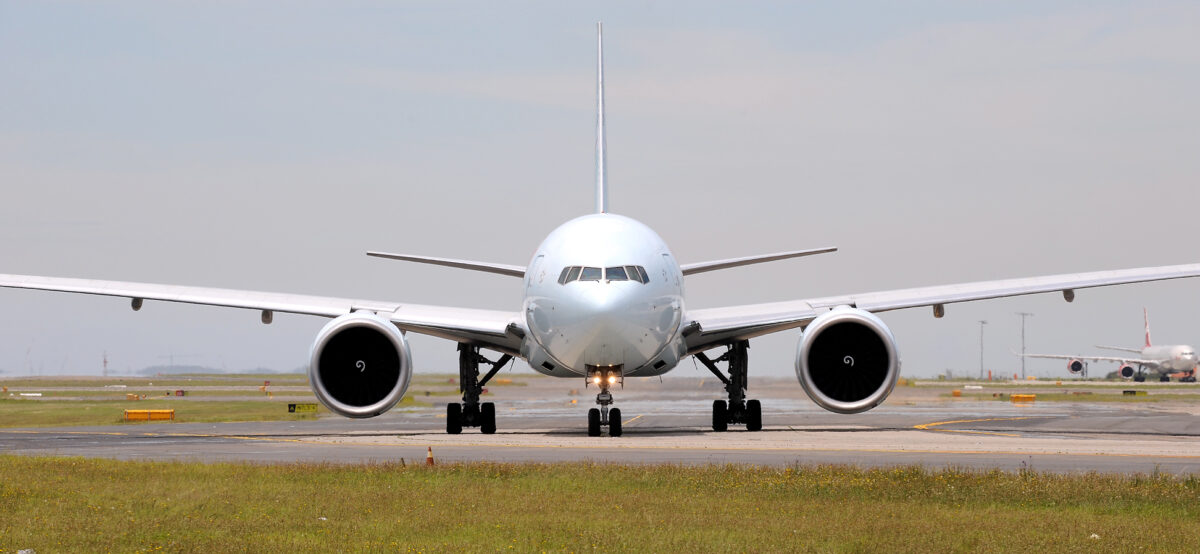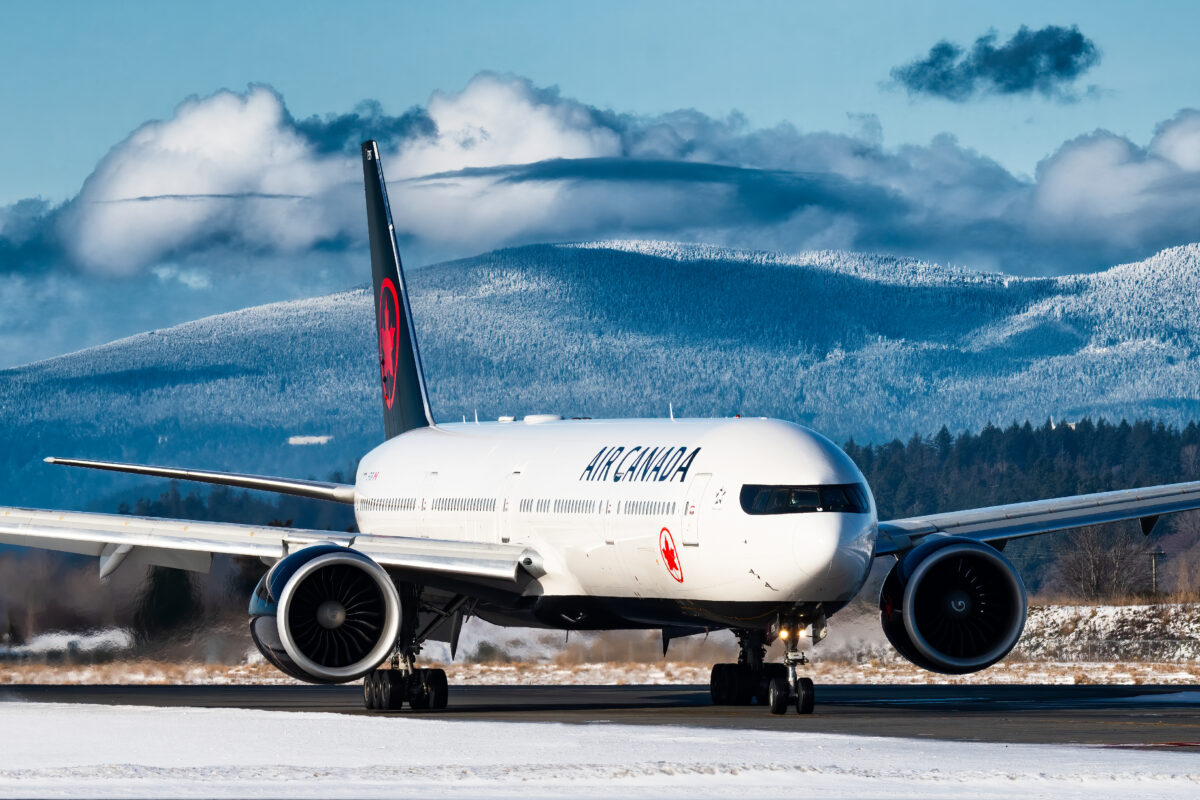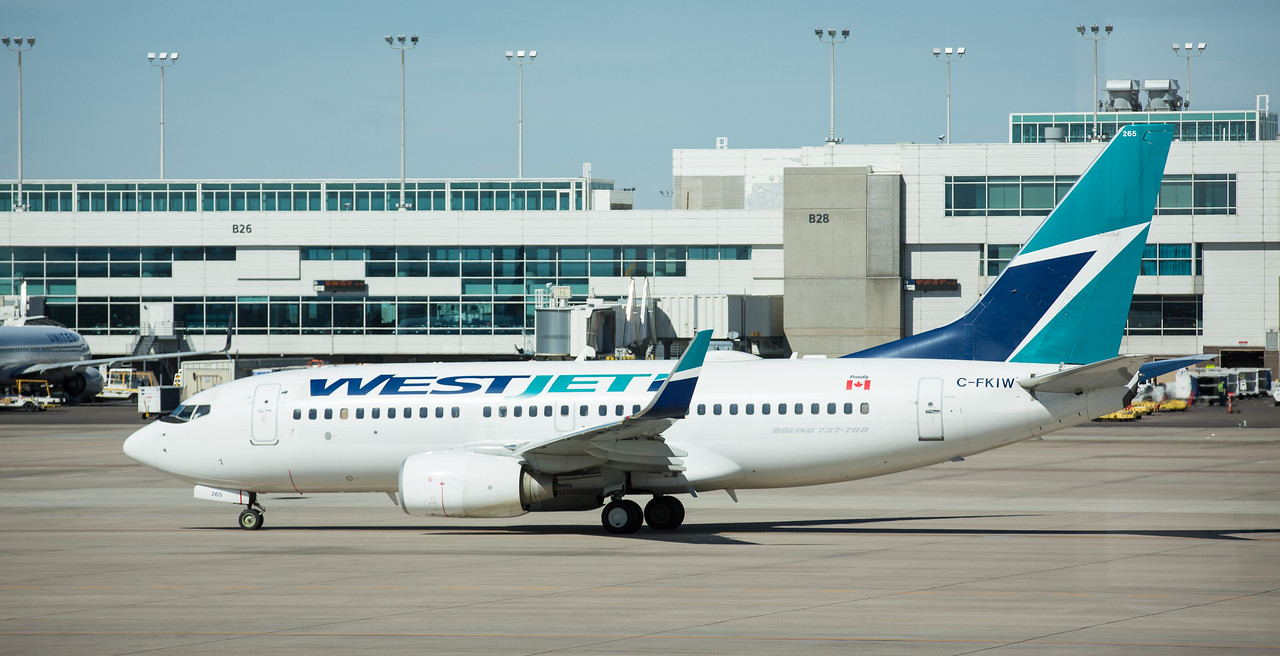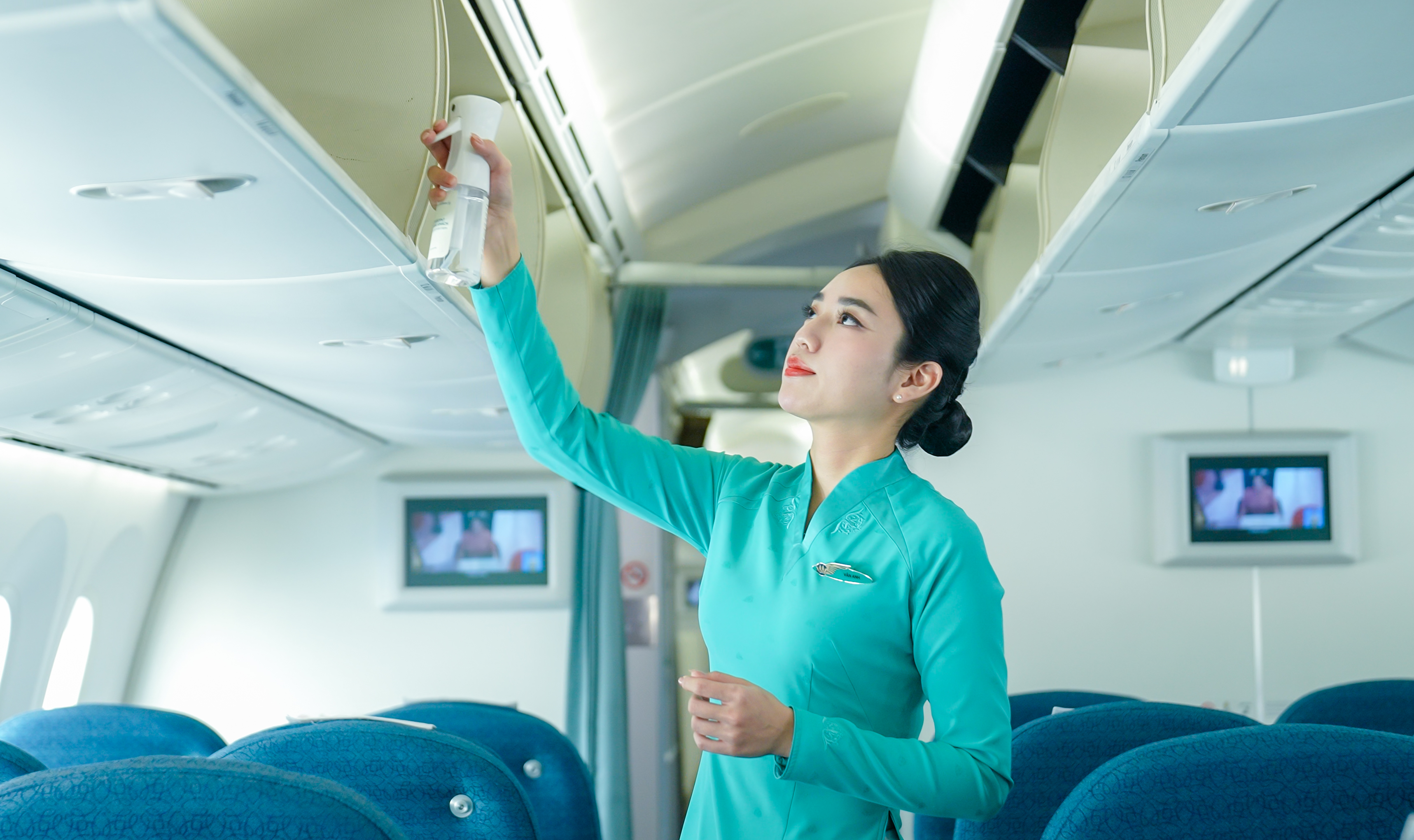
Canada’s airlines are close to sealing a bailout deal with the Canadian Government. (Photo: Getty Images)
Reluctance to provide refunds a stumbling block to bailout
It’s no secret the travel downturn knocked Canada’s airlines around. Air Canada’s just departed CEO, Calin Rovinescu, called 2020 “the bleakest year in the history of commercial aviation.”
Canada’s airlines and industry have long called for direct financial aid, preferably in the form of payroll assistance as seen in the United States and elsewhere. But the reluctance of airlines to give refunds to passengers following a flight’s cancelation proved a roadblock.
WestJet has been happy to provide passengers on full-fare tickets with refunds. But it preferred to provide passengers flying on discounted tickets with vouchers. This was despite WestJet’s Angela Avery admitting vouchers were “not perfect.” But WestJet wasn’t operating in isolation. Air Canada has also been reluctant to issue refunds unless required by law. That airline prefers to hold onto as much cash as possible to bolster liquidity.

Air Canada prefers to hold onto the cash to preserve liquidity rather than issue refunds. (Photo: Vincenzo Pace / Simple Flying)
Signs of life at the negotiating table
A new Canadian government negotiator and fresh travel restrictions have broken the stalemate. According to Canada’s The Globe and Mail newspaper, the new Deputy Minister of Finance, Michael Sabia, has made considerable progress negotiating a bailout deal.
However, according to the same newspaper, any deal would be contingent on airlines agreeing to refund customers, regardless of ticket type, if their flight was canceled owing to COVID-19.
Other conditions include no financial aid being redirected to executive bonuses, certain regional routes being maintained, and not canceling orders that would adversely impact Canadian jobs. The Canadian government has reportedly dropped demands for seats at the airline board tables.
But Canada’s airlines had resisted agreeing to these types of terms. But there’s little good news for the airline sector in Canada right now. Airline markets elsewhere are seeing some signs of life. While passenger volumes remain down across the border in the United States, airlines there are generally optimistic that demand will start to trend upwards later this year as widespread vaccination kicks in.

A deteriorating operating environment has brought parties, including WestJet, back to the negotiating table. (Photo: Denver International Airport)
Amid a deteriorating environment, airlines encouraged by negotiations
However, the situation is grimmer in Canada. Airlines in Canada suffered a big blow after the government recently asked airlines to suspend flights to popular sunshine destinations. That saw Air Canada suspend all of its Air Canada Rouge flights. It may have also been the last straw for Canada’s airlines, bringing them back to the negotiating table in a more acquiescent frame of mind.
On Friday, Calin Rovinescu said the constructive discussions underway with Michael Sabia encouraged him.
“While there is no assurance at this stage that we will arrive at a definitive agreement on sector support, I am more optimistic on this front for the first time,“ Mr Rovinescu said.
“Together with other Canadian leaders, we are dedicated to collaborating and partnering to address the significant and disruptive downturn from COVID to ensure that the hundreds of thousands of Canadians impacted in not only aviation, travel, and tourism but in many industries across the country are able to recover,” says WestJet’s CEO Ed Sims.
A bailout package announcement for Canada’s airlines should come soon. The industry wants to see the deal done in time for the normally busy spring season and widespread rollout of COVID vaccinations across Canada.
Cre: Simple Flying
Nguyen Xuan Nghia – COMM











